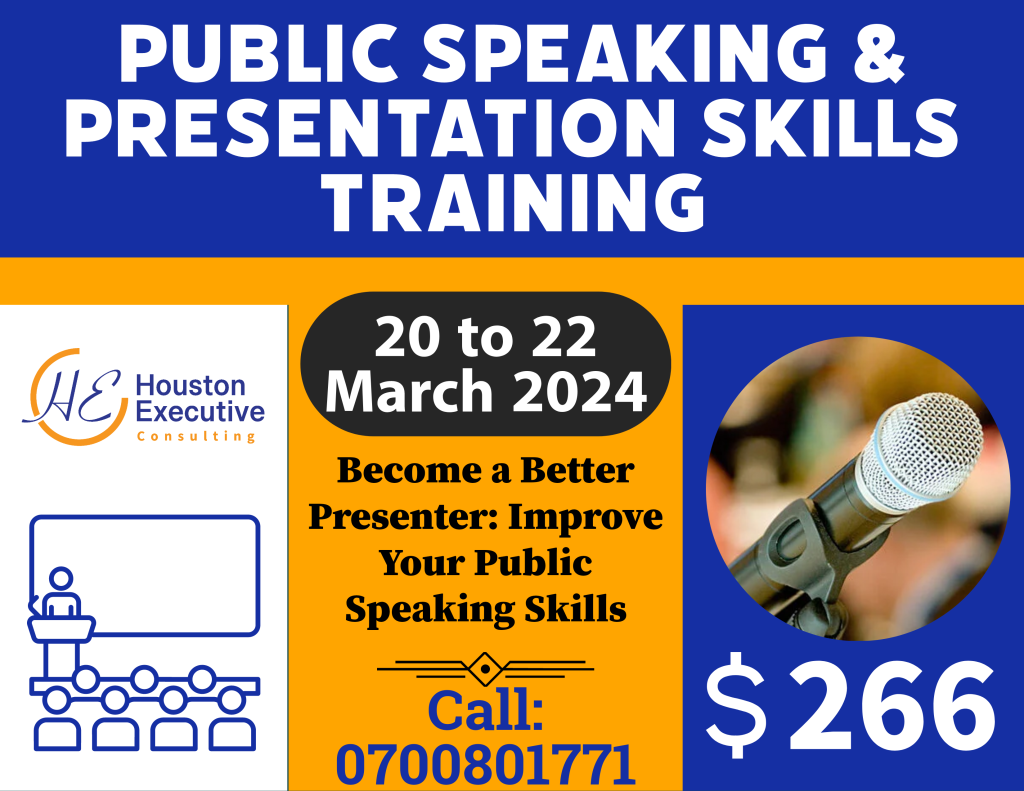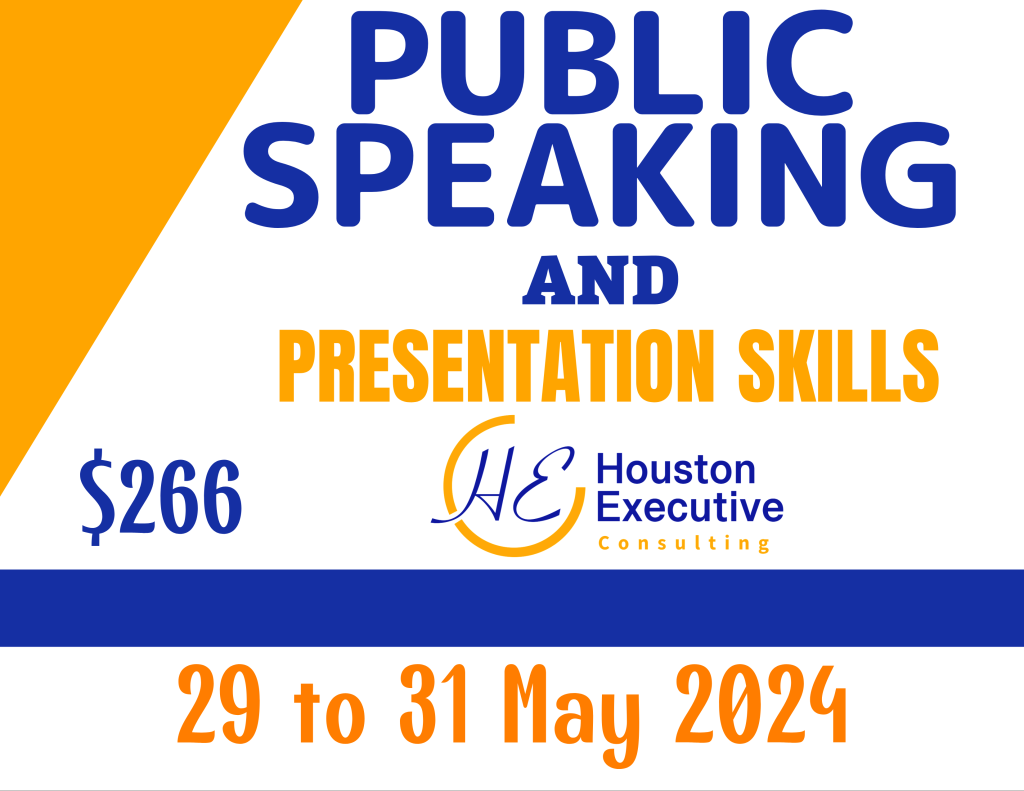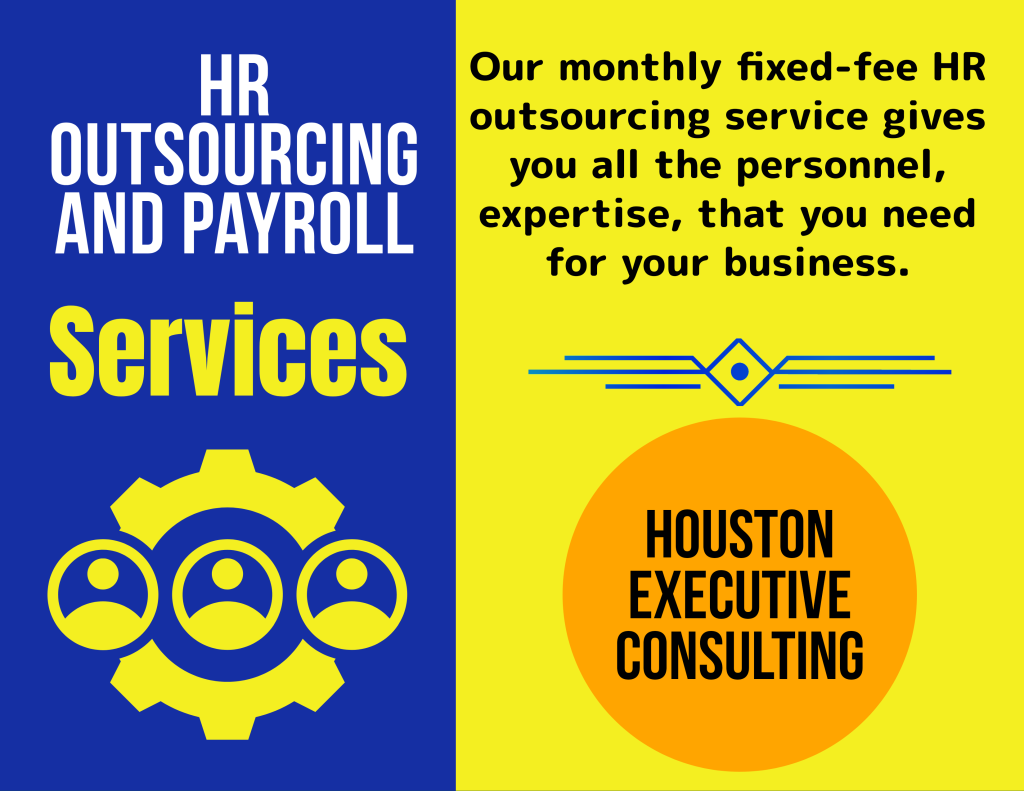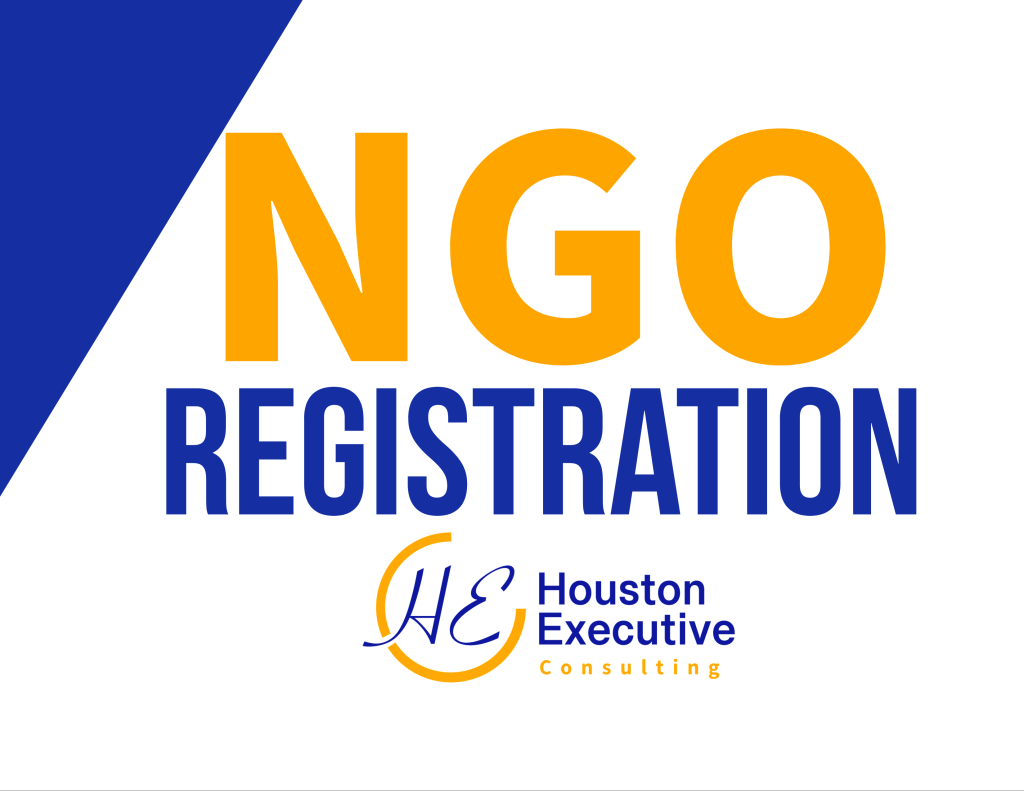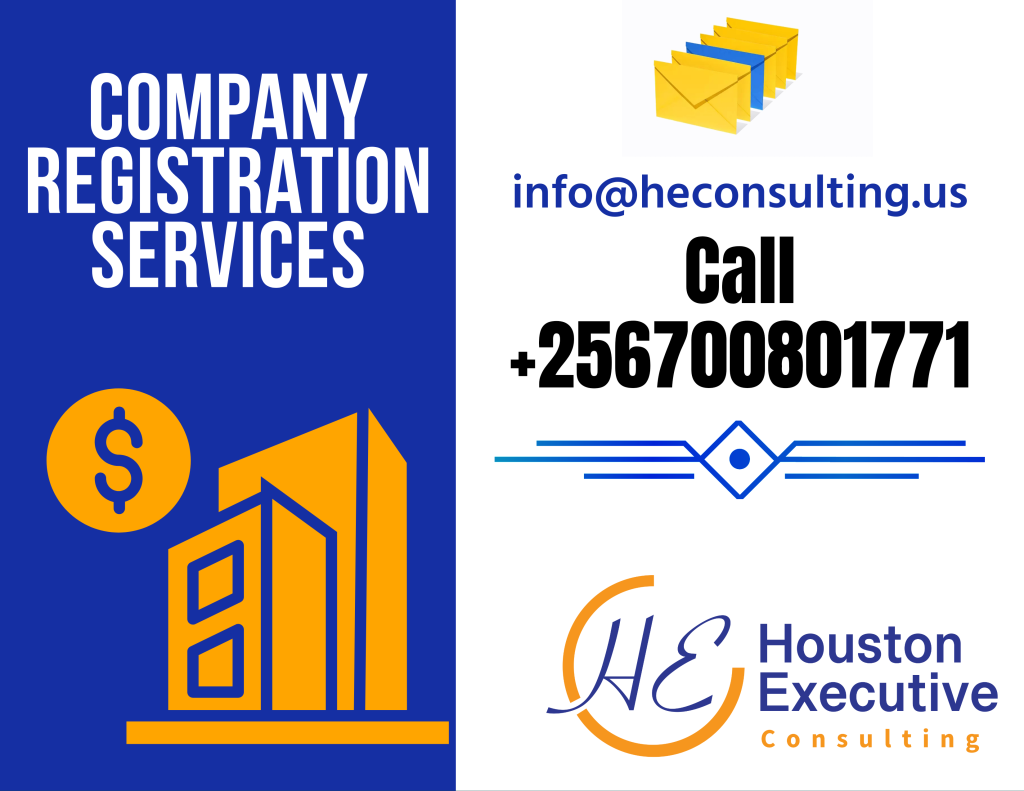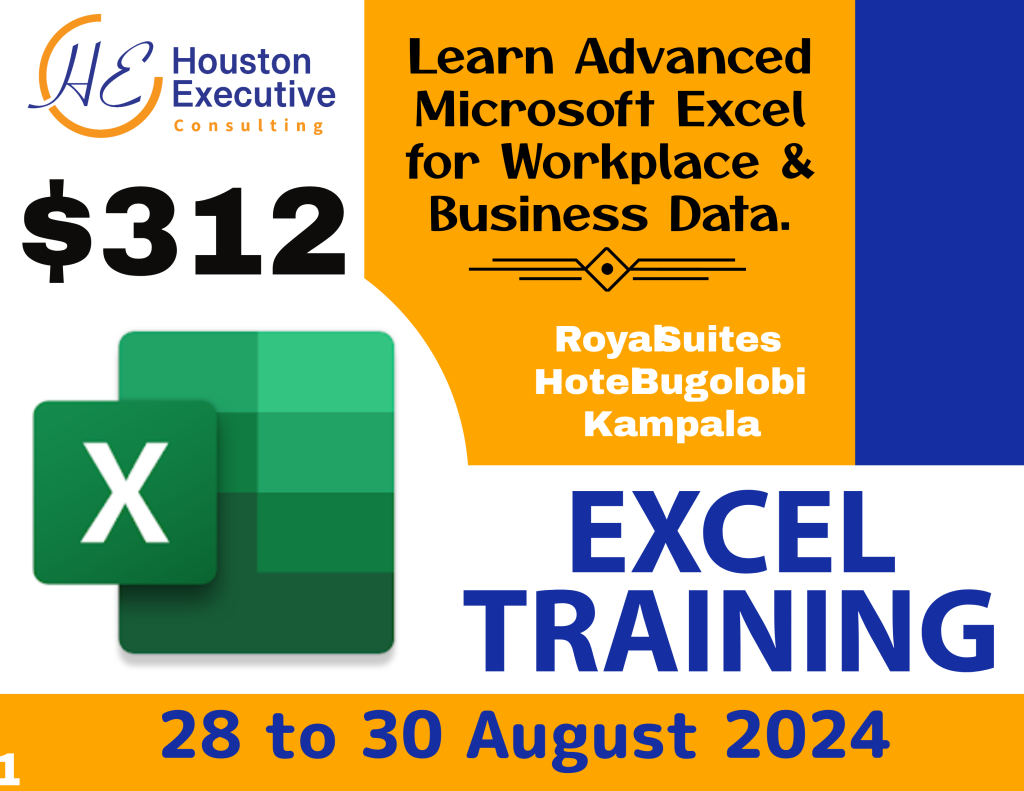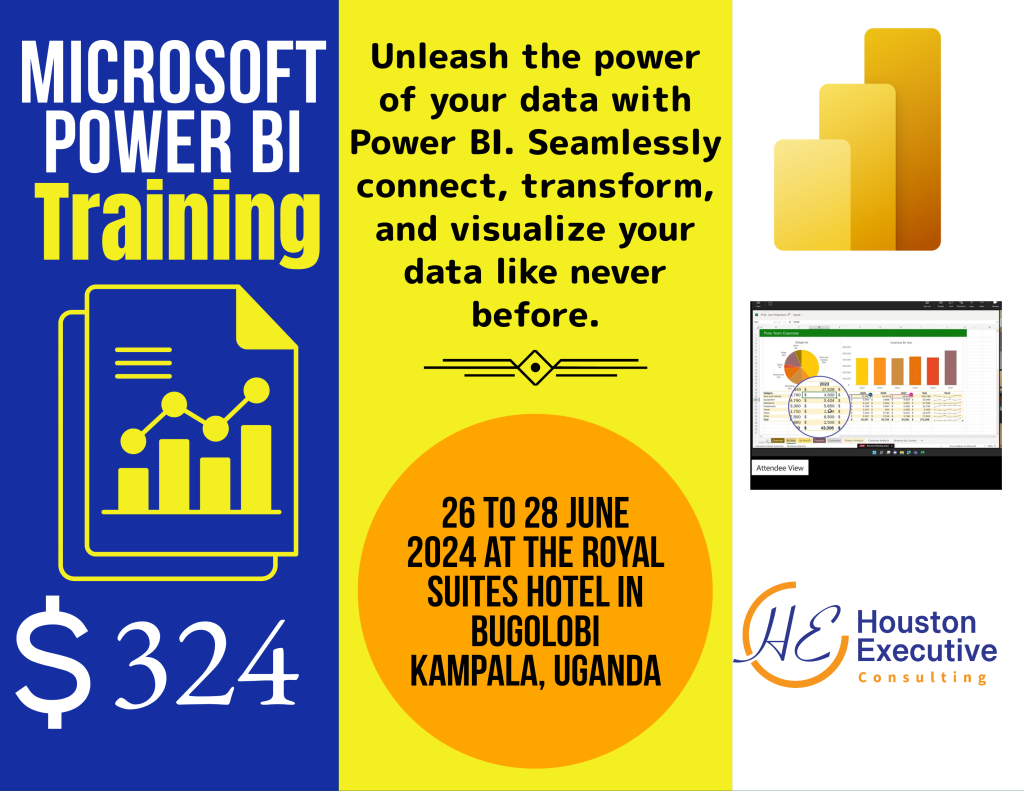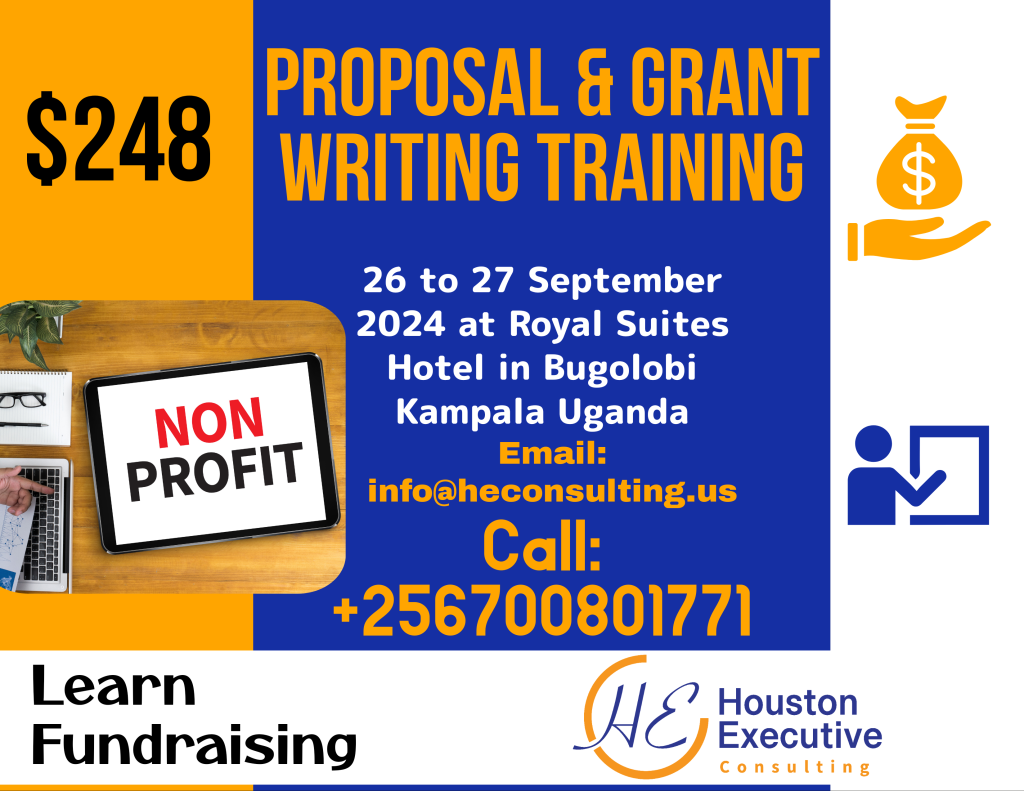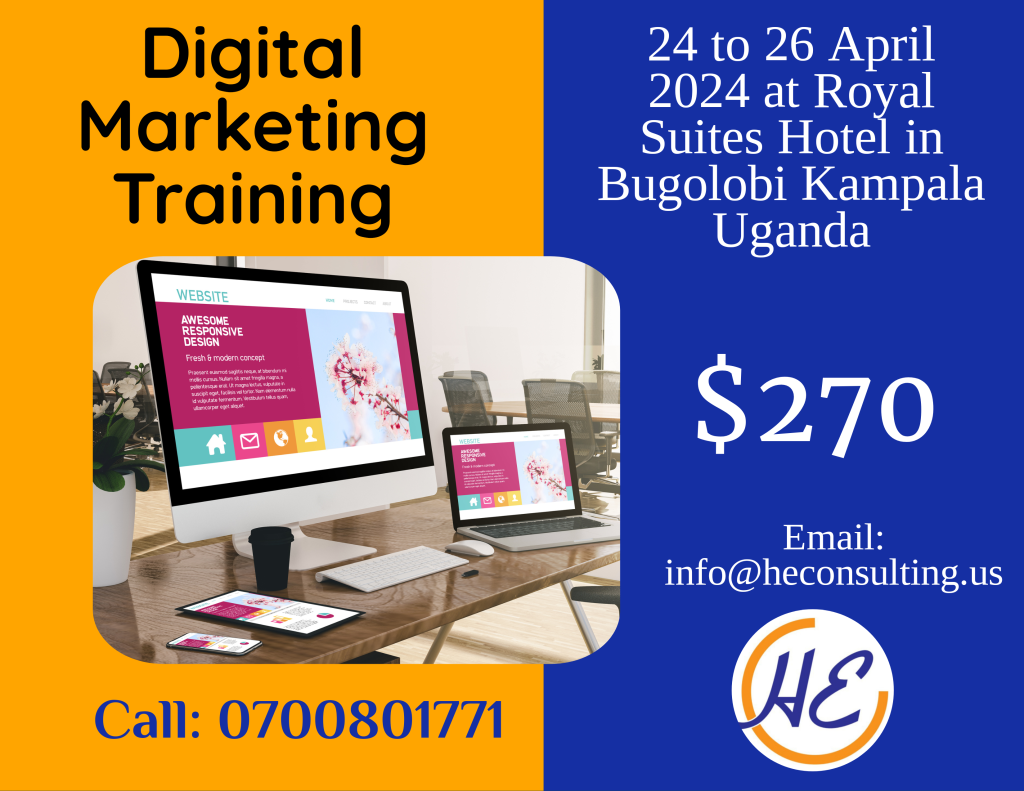The Purchase Funnel
A purchase funnel (a.k.a sales funnel) denotes the process through which you lead the prospect through a path to a purchase. A sales funnel has four distinct but interlinked stages which include:
- Awareness
- Interest
- Desires
- Action
1 – Awareness
At this stage your company makes an effort to reach out to as many prospects as possible. This may be through social media channels, TV ads etc.
The reach of the message should be as wide as possible because the more the more prospects who hear about your business, the more the opportunities you have to create sales. It is not possible to drive high volumes of sales without raising brand awareness.
Choose the right target market also called target audience. This will help you to avoid spending money marketing to consumers and companies who will never buy your products or services. You must accurately define your target market which has those groups of people you want to sell your product or service.
The best places to place awareness raising content would be strategic placement on those platforms that have your target market. This can be the usage of other digital media other than your own channels.
It is also important to determine the frequency or the number of times your prospect is exposed to your message. This is very useful throughout the purchase funnel. Exposures shouldn’t be too many because this can be overwhelming and annoying to your prospects. There’s no specific number of times a potential client should be exposed to your message but what’s important is to know that awareness and repetition are key.
2- Interest
This is the second stage of the sales funnel. At this point, prospects know who you are and are interested in your product or service. It is time to provide them with useful information. You also have to answer any questions that they might pose to you.
Your prospects have heard about your company and brand. They simply want to learn more. Pay attention and ensure that you respond to their messages in the chat on your website and WhatsApp Business. You may also send them email newsletter with details about your products or services and prices if they’ve subscribed to your mailing lists.
It is also okay to feature vides of testimonies from clients who are satisfied with your products or services on your website and other social media channels. This will inform the prospects that you’re the best possible option to solve their pain points.
3- Desire
Desire is the third and last stage before purchase. At this stage be sure that your prospects will have carried out some research about other market players and have a specific group of products to evaluate and compare to make a purchase decision. We call this a consideration set in sales and marketing.
Your task as a sales person or marketer is to move your prospect from desire to action. You must persuade them to pick your product or service and disregard those of your competitors.
Your main focus should be on the prospect’s needs and concerns. You have to help them overcome those final objections. This is where you give a discount, free trials and a fair price to encourage someone to purchase.
4- Action
This is the last stage of the purchase funnel. If all your marketing efforts have worked as planned, some of the prospects will reach the end of the funnel and but our product or service.
The Purchase Funnel (B2B)
There’s a difference in the purchase funnel when the customer is a business.
Have you heard about B2C and B2B? If not worry not! B2C simple means business-to-customer and B2B means Business-to-Business. In B2C marketing focuses on customers, while B2B marketing focuses on businesses.
The difference here may seem small yet so big in meaning when it comes to the target market, client relationships and purchasing decisions.
Awareness Under B2B Marketing
With B2C, the awareness stage involves marketing to people that have the ability to buy the product or service. In this case the target market means those people or groups of people who are involved in purchasing decisions.
In most cases, B2B prospects aren’t the end users yet in B2C marketing, target markets are composed of consumers who will actually use the product or service.
With B2B marketing, you’ll find instances where group interests can make consensus about purchasing rather difficult. This requires you to build support from advocates who will support your product or service.
In most cases you’ll interface with middle level managers who are inclined to solve day-to-day problems. They also make purchasing decisions to address such problems. Unlike high executive who are hard to reach and persuade, middle level managers are somewhat available for appointments.
In B2B marketing, your sales efforts shouldn’t be wasted on lower-level employees because they have much less decision-making power. Save your marketing pounds for the next possible prospect instead of persuading them.
Some of the most relevant groups to target for awareness are purchasing managers, or procurement managers who have influence over purchasing decisions. Your sales team should spend a little more time connecting with such managers because they’re part of the decision-making process.
Some of the strategies to build awareness among prospects in B2B Marketing is by attending events for supply chain professionals and networking with them. While there, you’ll have networking opportunities and exchanging business cards and share with prospects about your brand.
You can also strengthen your relationship with purchasing managers using direct messages on LinkedIn. You can also do cold calling to managers in your target market. Use your professional network as part of the strategy because you already have a relationship with these people.
Unlike B2C, fewer prospects enter the purchase funnel in B2B. This requires you to keep those few engaged as much as possible.
Interest Under B2B Marketing
At the interest stage, you must use a more targeted approach by designing persuasive, concise and personalized information. Too much information can decrease the ease of purchasing. It also indirectly suggests to the customers that you don’t know much about their requirements.
Since your product or service should be a solution to address the different pain points, you may have to first build a personal trusting relationship with the prospects before they can reveal some invisible information.
Desire Under B2B Marketing
In B2B marketing, the desire stage is characterized by the prospect having the minimum features set that makes them decide to buy or not to buy a given product or service. Your product or service must therefore be that which has the essential requirements which most supply chain managers describe as statement of requirements.
Action Under B2B Marketing
There are two sets of concerns that you must address to move the prospect from the desire stage to action of the purchase funnel. The first one is collective mandate to ensure return on investment (ROI). The second one is their individual interests.
You need to have a deeper understanding of their business in order to appeal to their collective mandate. This might be reduced costs and increased revenue. As you focus on appealing to their individual interests you must focus on the demographic and infographic data since some managers approve purchases that have personal value to them.
Congratulations! You can now use the purchase funnel to get better with your sales and marketing efforts. You can also refine your marketing mix for your business to gain a bigger market share.
Conclusion
When you get to the market under B2B, target managers who have influence in purchasing decisions being aware that because B2B markets are smaller than B2C markets. It is very important to focus on building strong relationships.



